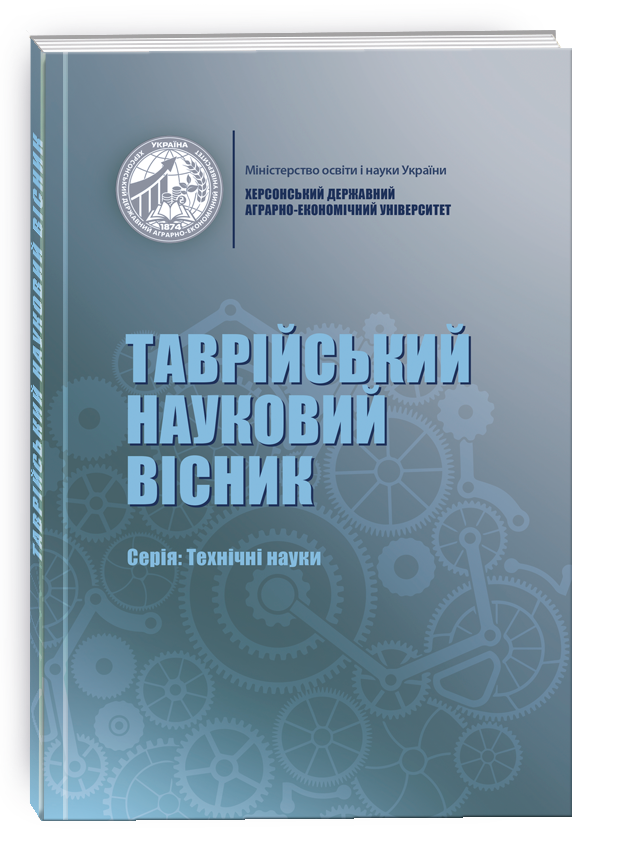DEVELOPMENT OF METHODOLOGY FOR DESIGNING MULTI-USER ROLE-PLAYING GAMES
DOI:
https://doi.org/10.32782/tnv-tech.2023.2.6Keywords:
role-playing game, game development, game design methods, game architecture, game design methodologyAbstract
The work is devoted to the development of the author’s methodology for designing games in the genre of multiplayer role-playing games (MMORPG). MMORPGs are popular online games in which players can communicate, interact and fight with each other in a virtual world. Developing an MMORPG design methodology is an important task, as this genre requires a comprehensive approach to creating a gaming experience for many players. The work examines and analyzes existing approaches to game design, and organizes the search for optimal methods for solving design tasks. A review of design methods for various aspects of the game was conducted. Through this research, best practices and effective approaches to game design have been identified. Considering the various aspects of the game, design methods were studied that can be used to create game concept, combat, role and rating systems, game essence, game balance and level design. As a result of the study, an understanding of the best practices and methods of game design was obtained, as well as their use for the development of game project documentation. This allows you to increase the chances of success in creating a high-quality and attractive game that meets the set requirements and expectations. As a result of the work carried out, an important methodology was developed, which is used for designing games. However, it is worth noting that this methodology does not cover all aspects related to game design, leaving room for further expansion and improvement in this area. The process of developing new games opens up the opportunity to refine and improve the methodology itself, which can be refined and expanded during its application. This will make it possible to take into account new trends and requirements of the game industry to create even more exciting and innovative game products.
References
Jere Miles. Unity 3D and PlayMaker Essentials. A K Peters / CRC Press, 2016. Р. 482. ISBN 9781317414315
Anthony Davis, Travis Baptiste, Russell Craig, Ryan Stunkel. Unity 3D Game Development. Packt Publishing, 2022. Р. 370. ISBN 9781801077231
Tryggvason K. Design and Implementation of a Collectable Trading Card Board Game and Game AI, 2016. URL: https://www.ru.is/media/td-msc-ritgerdir/Kristjan-Tryggvason-MSc.pdf
KORPPOO, KAROLIINA. Designing Game Analytics for a City-Builder Game. UNIVERSITY OF TAMPERE. 2015. URL: https://trepo.tuni.fi/bitstream/handle/10024/97480/GRADU-1435136851.pdf?sequence=1&isAllowed=y
Yiting Xu, Shah Nawaz. A Comparison of Architectures in Massive Multiplayer Online Games. 2II45 Architecture of Distributed Systems, 2014. URL: https://www.researchgate.net/profile/Shah-Nawaz-3/publication/271490933_A_Comparison_of_Architectures_in_Massive_Multiplayer_Online_Games/links/54c8dfc20cf238bb7d0e8287/A-Comparison-of-Architectures-in-Massive-Multiplayer-Online-Games.pdf
Bobby Ross. Visual Guide: Multiplayer Level Design. Bobby Ross Level Art+Design Portfolio, 2015. URL: http://bobbyross.com/library/mpleveldesign 7. Tracy Fullerton. Game Design Workshop. A K Peters/CRC Press, 2018. Р.522. ISBN 9781351597692
George Kalmpourtzis. Educational Game Design Fundamentals. A K Peters / CRC Press, 2018. Р. 306. ISBN 9781351804714
Nicholas Lovell. The Pyramid of Game Design. A K Peters / CRC Press, 2018. Р. 326. ISBN 9780429815669







